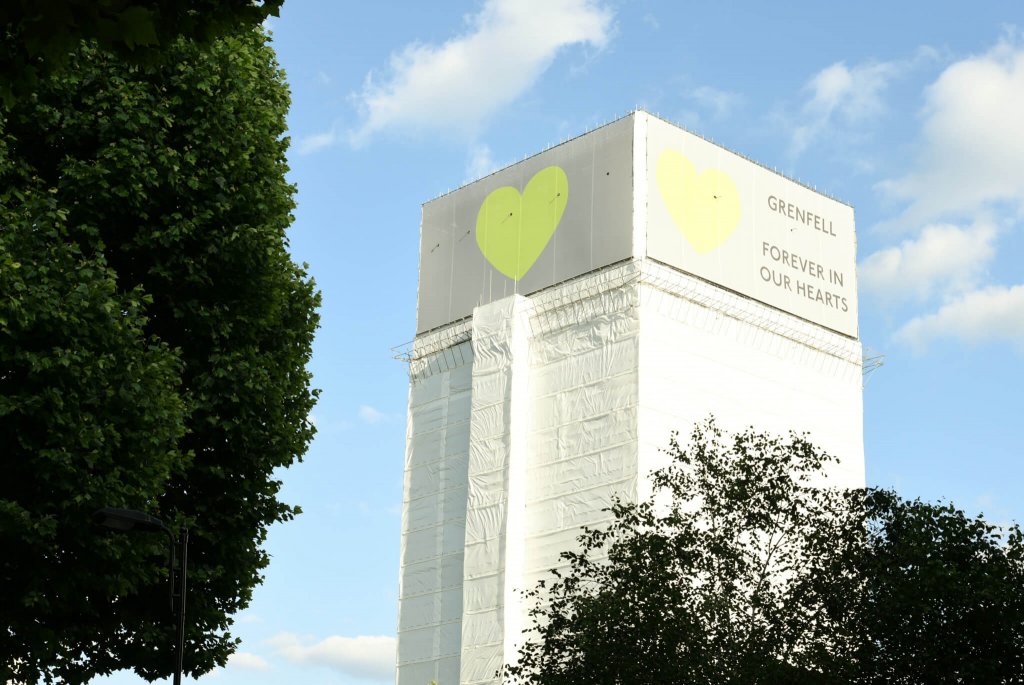
When Things Go Wrong: the response of the justice system was published on 24 August 2020.
When a catastrophe takes place leaving many dead or injured, or when people are harmed over a number of years due to systemic failure, the justice system must respond. A tragic incident might spur a range of concurrent legal processes: criminal investigations, disciplinary hearings and civil claims may be initiated that share identical subject matter with an inquiry, inquest or both.
These overlapping processes can be confusing for those involved: at worst, layers of legal duplication can fuel the pain of loss. From the perspective of those caught up in the aftermath of the disaster – including victims, witnesses and alleged wrongdoers – the process can be agonisingly protracted. Public inquiries are notoriously time-consuming: the Bloody Sunday inquiry took over 12 years to publish its conclusions and the Independent Inquiry into Child Sex Abuse is onto its fourth Chair. The 1989 Hillsborough stadium disaster has been the subject of an inquiry, an inquest, an independent non-statutory review and an independent panel.
Further, survivors and their families often speak of alienation, mistreatment and whitewashing by the very bodies set up to identify the wrongs they have suffered. Their accounts suggest that inquest and inquiry processes are often highly adversarial and potentially retraumatising. And those with the most at stake may understandably fear that nothing will change once the processes conclude.
Chaired by Sir Robert Owen, this Working Party of JUSTICE aimed to make informed recommendations to reform institutional responses to deaths or other serious incidents where a “systemic pattern of failure” is evident. The needs and experiences of the bereaved and survivors have been central to this work and its outcome has been to suggest reforms that will promote public trust in the justice system.
The Working Party considered:
timely justice: how elements of current fact-finding processes and investigation might be integrated to reduce duplication and delay;
transparency and responsibility: how investigations, inquiries and inquests can be better coordinated to embed best practice, promote certainty and ensure inclusion of bereaved people and survivors; and
fairer outcomes: how inquiry hearings can be improved with regard to procedures, evidence and effective participation.
To inform its review the Working Party has researched institutional processes in other jurisdictions.
When Things Go Wrong: the response of the justice system was generously supported by Morrison & Foerster LLP.
Members of the Working Party
Chair: Sir Robert Owen
Jodie Blackstock (JUSTICE)
Paul Bowen KC (Brick Court Chambers)
Deborah Coles (INQUEST)
Sir John Goldring
Professor Carol Harlow QC (London School of Economics)
Charlotte Haworth Hird (Bindmans LLP)
Emma Ireton (Nottingham Trent University)
Nev Kemp (Surrey Police)
Thalia Maragh (Garden Court Chambers)
Una Morris (Garden Court Chambers)
Andrew O’Connor QC (Temple Garden Chambers)
Dr Sara Ryan (University of Oxford)
Professor Phil Scraton (Queen’s University Belfast)
Martin Smith (Fieldfisher)
Professor Leslie Thomas KC (Garden Court Chambers)
Sir Peter Thornton KC
Corporate Partner: Sonya L. Van de Graaff (Morrison & Foerster LLP)
Rapporteur: Robbie Stern (JUSTICE)
Members of the Working Party’s sub-groups:
Michaela Bolton (Infected Blood Inquiry)
Nicholas Griffin KC (QEB Hollis Whiteman)
Matthew Hill (1 Crown Office Row)
Lee Hughes (formerly Home Office, MoJ)
Gill Kernick (JMJ Associates)
Lubka Mieresova (formerly IICSA)
Marcus Shepheard (Institute for Government)
Ken Sutton (East Kent Maternity Services Independent Investigation)
Having sat for a year, the report records 54 recommendations of the Working Party directed at remedying the shortcomings of how the justice system responds to catastrophe, by building on the strengths of the present system of inquests and public inquiries:
The framework – We propose new State and independent bodies to provide oversight and facilitate information-sharing – a Central Inquiries Unit within Government, a full-time Chief Coroner and a special procedure inquest for investigating mass fatalities as well as single deaths linked by systemic failure, able to consider closed material and make specific recommendations to prevent recurrence.
Opening investigations – Greater collaboration between agencies, building a cross-process dossier, would reduce the multiple occasions that bereaved people and survivors have to recount traumatic events and ensure that they are fully informed throughout the process.
Procedure – Processes for appointing inquiry chairs and panels, for establishing the terms of reference and for providing information and relevant documents to core participants need to be more structured and transparent. Drawing on previous JUSTICE working parties on accessibility, we recommend that bereaved people and survivors are placed at the heart of the process – in choice of hearing space; improved communication and questioning by professionals and signposting to support services. Aside from the legal formalities, we also call for widespread use of commemorative “pen portraits” and therapeutic spaces for bereaved and survivor testimony.
A statutory duty of candour, including a rebuttable requirement for position statements, would help foster a “cards on the table” approach. Directing the inquiry to the most important matters early on could result in earlier findings and reduced costs.
Accountability and systemic change – We conclude that an independent body should lead oversight and monitoring of the implementation of inquest and inquiry recommendations, whose review could aid scrutiny by parliamentary committees.
Read the full report here (PDF-version available here).
